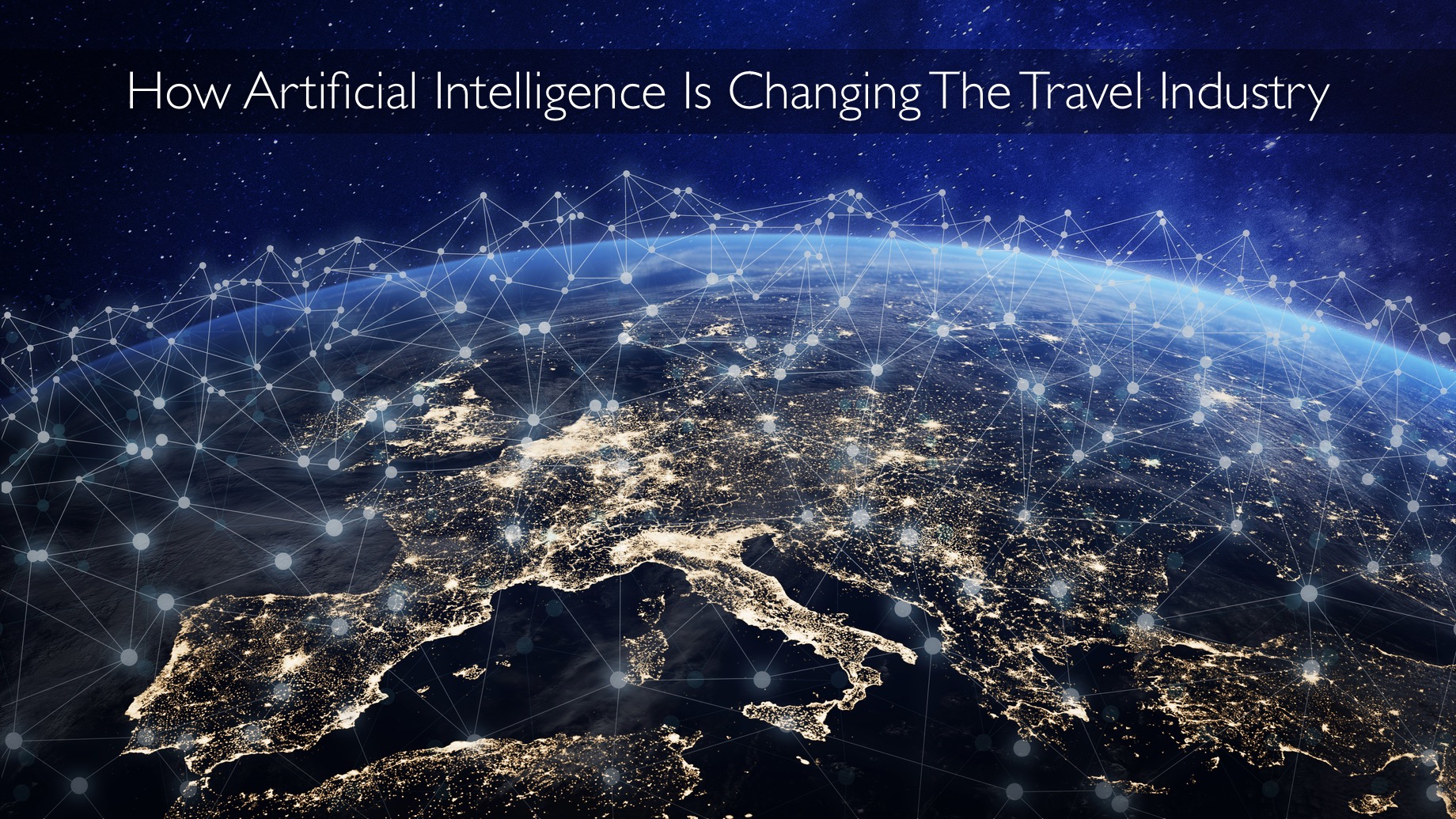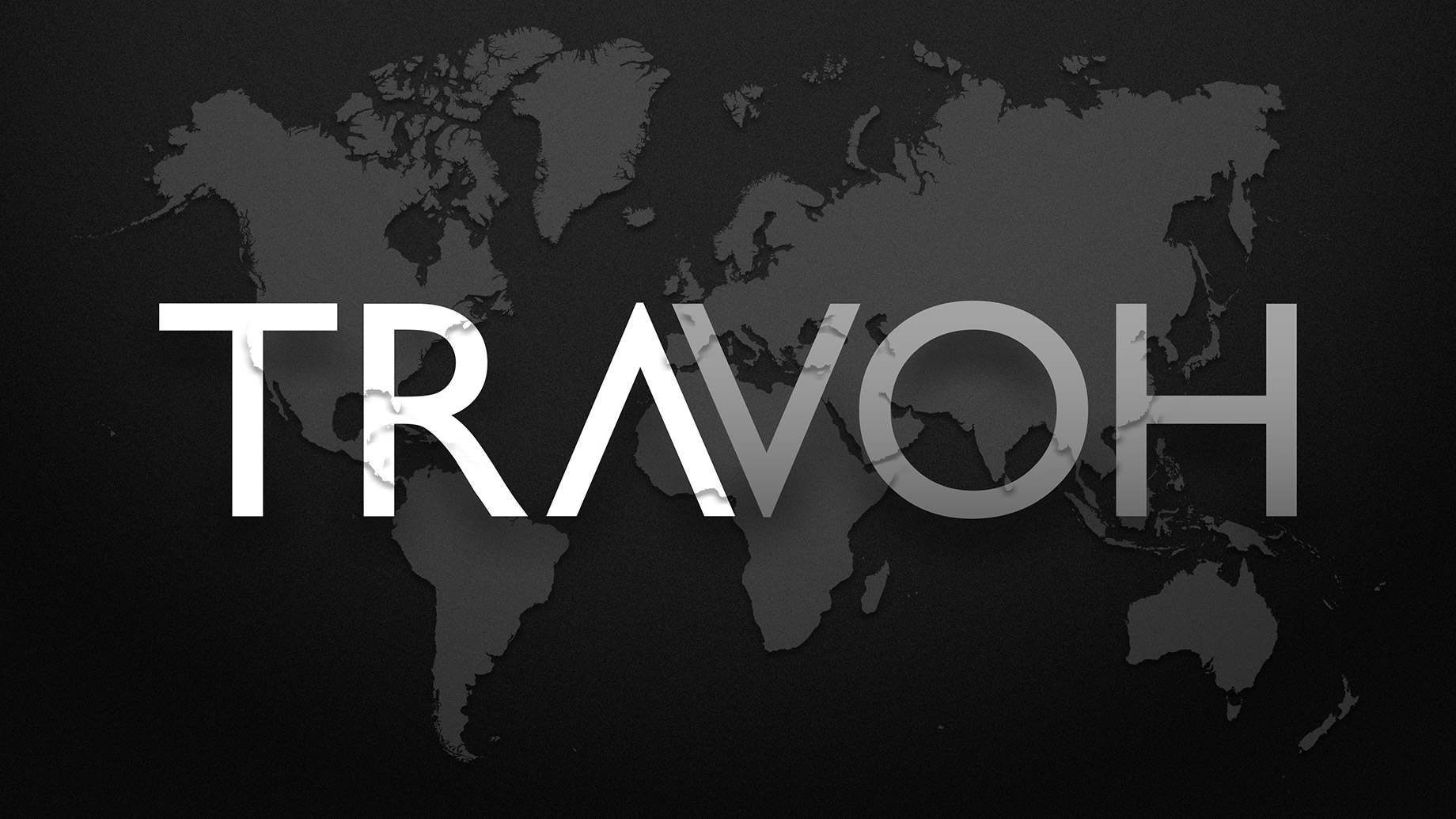
Artificial intelligence or AI is a notion that is frequently discussed yet can be difficult to explain. In essence, it refers to computers or machines that accomplish jobs that would ordinarily necessitate human intelligence. Learning lessons, making decisions, or understanding and interpreting communication are all examples of this.
Artificial intelligence has existed for decades, but computers and other technologies have only lately grown powerful and dependable enough to perform complicated tasks without human aid. The term is closely associated with ideas of automation, in which procedures are carried out with little or no human participation.
It is a given in today’s world that firms will gather and keep massive amounts of data. This can aid AI by allowing computers to conduct activities such as data analysis and problem-solving, as well as speech translation, direct messaging, and boosting customization throughout the customer journey.
The Importance of Artificial Intelligence in the Travel Industry
Artificial intelligence’s ability to automate business processes and perform tasks that have traditionally required human cognitive function has made it particularly useful for those in the travel industry, as it can save time and money while potentially eliminating human error and allowing tasks to be completed quickly and at any time of day. To create their reputation, most hotels and resorts rely largely on providing exceptional customer service, and AI technology can help in a variety of ways. Artificial intelligence, for example, can be utilized to improve personalisation, adapt recommendations, and ensure quick response times.
Examples of Artificial Intelligence in the Travel Industry
Artificial intelligence’s importance in the corporate sector has grown considerably over the last decade, with the travel industry seeing much more broad usage in recent years. Five of the most important ways AI can change the travel industry are listed below.
1. Online Customer Service and Chatbots
One of the most intriguing applications of artificial intelligence for hotels and other tourism organizations is giving online assistance to consumers. Chatbots on social media sites and instant messaging apps, in particular, have already seen broad acceptance. When AI is used in this way, it can answer inquiries and provide useful information to customers even when a customer support representative is unavailable. Customers are demanding faster and faster response times on online platforms, and artificial intelligence enables businesses to meet these demands in ways that people could not.
2. Customer Service in Person
While artificial intelligence is now widely utilized to power online customer care, one new trend is for the technology to be used for face-to-face customer service interactions as well. Importantly, this has the potential to reduce wait times at information or reception desks while also increasing overall efficiency. The AI robot ‘Connie,’ which has been deployed by Hilton, is one example of this technology in operation. Customers who speak to this robot can get tourist information using artificial intelligence and speech recognition. Every human interaction also aids the robot’s learning, boosting the quality of all future exchanges.
3. Data Preparation and Analysis
Finally, it’s critical to recognize that AI’s applicability in the travel and tourism business isn’t restricted to customer service. In reality, acquiring and evaluating data in order to make conclusions about customers, business operations, and pricing tactics is one of its most popular and productive uses. Artificial intelligence’s main advantage in the data analytics industry is its capacity to sort through large amounts of data rapidly and precisely, whereas humans would take substantially longer and perhaps make more mistakes.
4. Travel Assistants that are Intelligent
Travel bookings have been the subject of extensive automation and digitization for a long time. Automated bookings are used by the majority of travel agencies around the world, in both developed and developing countries. On a traveler’s request, AI presents intelligent algorithms that have been trained to execute specific activities. Chatbots currently have 4 million monthly active users. Chatbots are a quick and fun approach to create solid consumer relationships. In the past, technology was used in the hospitality industry. Human personnel assists with the procedures by providing mobile support 24 hours a day, seven days a week. They are utilized to solve a variety of problems as mobile travel companions. They can also answer questions such as where the closest business lounge is, baggage allowance, gate numbers, and how long it takes to get to the airport.
5. Disruption Management that is Optimized
Automated disruption management aids in the resolution of actual issues that arise along the road. On a corporate level, it has proven to be effective. Because disruption management is concerned with time-sensitivity. It necessitates immediate answers to challenges that arise. There are various factors that could cause flight delays or cancellations. The disruptions could be extremely inconvenient. For example, you could be stranded in Europe at strange hours of the night when you need to go to Tokyo for meetings on schedule. This could result in significant losses. Disruptions can now be predicted in advance. This information aids passengers in minimizing their losses prior to the occurrence. In addition to travelers, the technology helps travel management companies by providing real-time management solutions.
The travel industry might be fundamentally transformed if AI is used to its full potential. Artificial intelligence has the potential to revolutionize customer service, aid in passenger identification when traveling, and personalize a traveler’s experience through curated recommendations. Hotels, airlines, and other significant participants in the travel sector would be able to run totally on their own even in the absence of people, thanks to AI.
